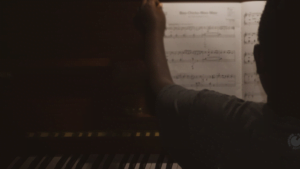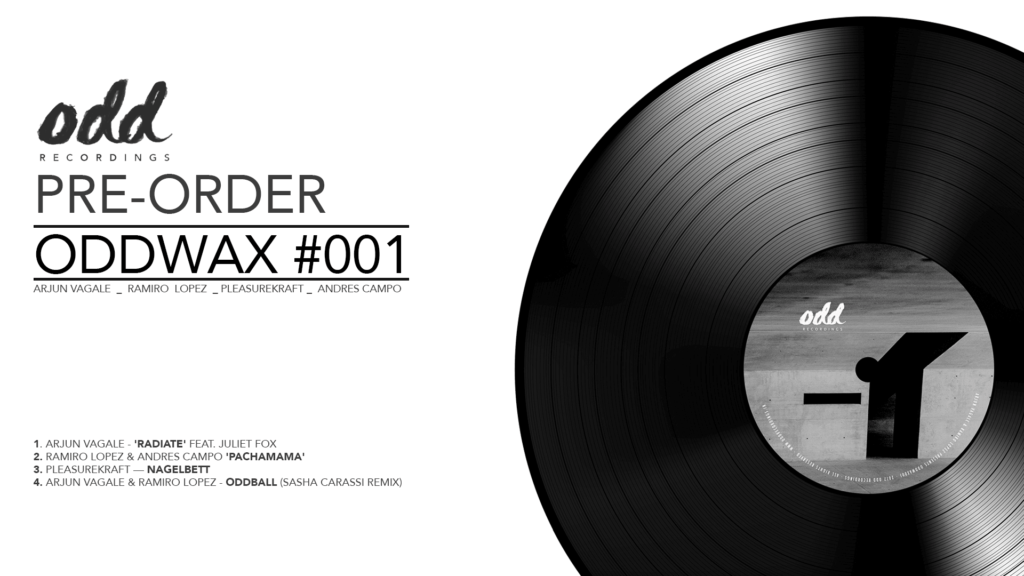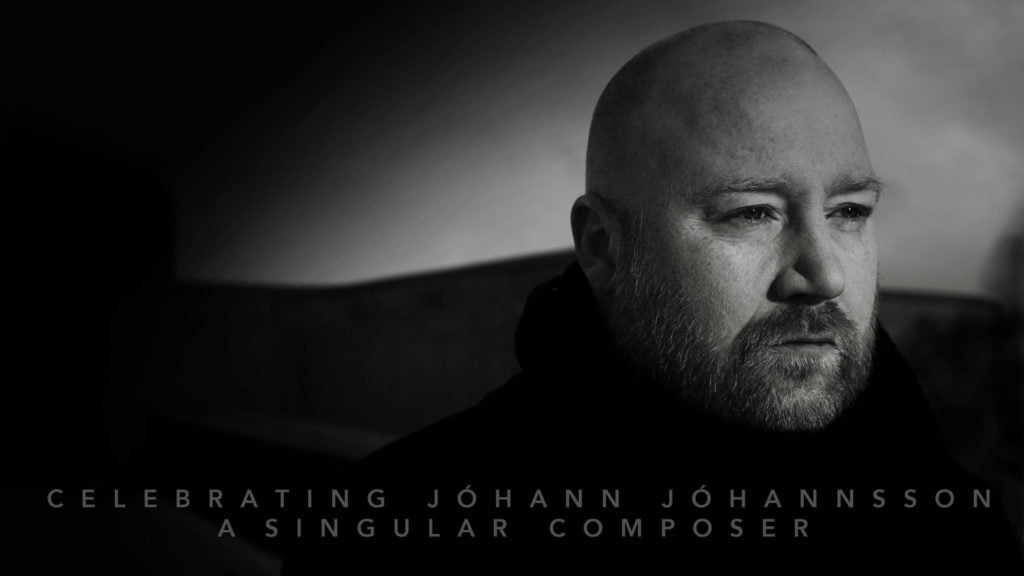Do you like being able to carry an entire library of music on your phone? There’s a price to pay for that convenience in sound quality, say engineers, and a new study has identified just what characteristics of music you miss out on by listening to compressed music files.
In a nutshell, moody, mysterious and negative tones persist, while positive, “happier” tones are the ones that get trimmed.
“According to our results, MP3 compression strengthened neutral and negative emotional characteristics, and weakened positive emotional characteristics in musical instrument sounds,” Ron Mo of the Department of Computer Science and Engineering, Hong Kong University of Science and Technology told Seeker in an email.
As Mo and his coauthors explain, musical instrument sounds have distinct timbre, or emotional characteristics. When audio of those sounds are compressed to form an MP3 file — a common digital music file — these characteristics are changed, and some are lost. That means a trumpet solo in a John Coltrane recording may lose some of its zippiness, but maintain its more mellow, negative overtones. “Interestingly, ‘angry’ was relatively unaffected by MP3 compression,” Mo added. That may have something to do with a growl-like tone that can result by low quality, compressed files, he said.
Musicians and music lovers have long been lamenting the loss of depth in compressed music files. Neil Young, for example, told MTV News in 2012, “If you’re an artist and you created something and you knew the master was 100 percent great, but the consumer got 5 percent, would you be feeling good? That’s why people listen to music differently today. It’s all about the bottom and the beat driving everything, and that’s because in the resolution of the music, there’s nothing else you can really hear. The warmth and the depth at the high end is gone.”
The new study, published in the Journal of the Audio Engineering Society, breaks down exactly what parts of “warmth” and “depth” are lost as engineers strip audio files to jam them into manageably downloadable files. Basically, CD-quality music files take up three to 10 times as much space as the typical MP3 file, depending on the bit rate of the MP3 file. The term “lossy” refers to the kind of compression that involves stripping extraneous data for the sake of compacting data. “Since MP3 compression alters the sound, the resulting MP3 file is significantly smaller in size. Also, due to the lossy nature of MP3 compression, the timbre is altered,” Mo explained. “To be more specific, frequencies higher than 20kHz and lower than 20Hz are removed.”
In fact, more and more people appear to be flocking back to vinyl. Figures released by Entertainment Retailers Association (ERA), reveal more money was spent on vinyl albums last week than on digital album downloads. And last week’s numbers appear to be more than a one-off. According to 2015 sales numbers, revenue from vinyl albums reached $416 million — the highest level since 1988. It may unfeasible to haul your record player to the gym, but, as Neil Young would argue, at least nothing is lost when music is pressed on vinyl.
Full article source: www.seeker.com, or better yet, read our take on an argument for analogue.















